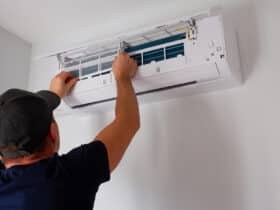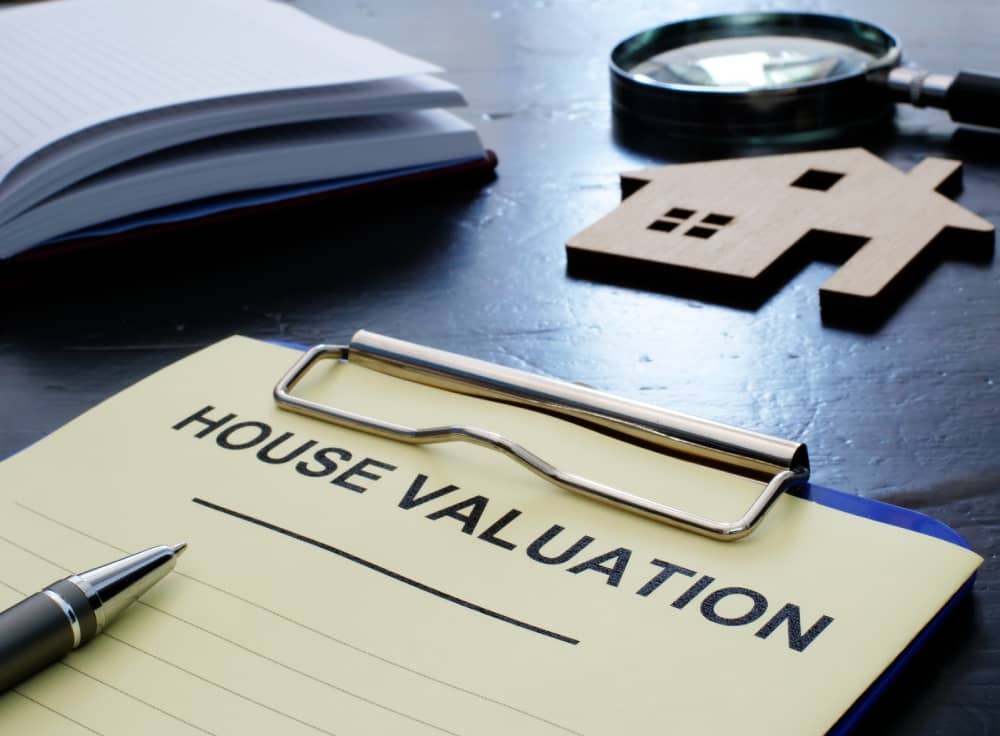Selling a home involves more than placing a “FOR SALE” sign on your front yard or uploading a few photos of your house on your social media accounts. From hiring the right real estate agent, preparing the house for sale, marketing, and finding a buyer to closing the deal, the home sale process is daunting, stressful, and time-consuming. Without proper planning and preparation, your home could sit on the market for weeks or months. If you are considering selling your property, here are seven things to consider to ensure a fast sale at the highest possible price.
1. Situation
Why do you want to sell your home? Do you have a medical emergency that requires you to raise cash fast? Are you moving to a new city due to a job offer? Have you just inherited a family property and cannot afford to manage two homes? By examining your current situation, you will choose a home selling process that suits your needs.
If you urgently need cash, you should look for ways to sell your house fast, such as selling to cash buyers or investors. As their name suggests, cash home buyers purchase homes for cash, so you do not have to wait for the buyer to secure lender financing, which is the case for traditional home sales. You will also not spend more time and money on repairs and renovation because investors buy homes as-is. There is no staging of the property, hosting showings, or marketing required when selling to a cash buyer, speeding up the selling process.
However, suppose you are not aiming at selling the property quickly, have enough capital to handle home repair and improvement projects, or it is your first time selling a house. In that case, you could consider finding a reputable and experienced realtor to help with every aspect of your home selling process.
2. Pricing
Whether you opt for sale by owner home selling process or are working with a real estate agent, setting a realistic asking price is critical. Before purchasing a home, potential homebuyers will liaise with their real estate agents to perform a comparative market analysis to determine fair offering prices, so your home needs to be priced right to attract buyers.
When setting an asking price for your home, ensure you are realistic about its market value. Often, most homeowners overvalue improvements that do not translate into an increase in the value of their homes. For instance, any home upgrades made according to a homeowner’s taste and preference will not increase the home’s value, so factoring such costs when setting an asking price will turn off most buyers.
Some homeowners price their properties too high to develop a negotiating room. However, pricing above comparable homes in your locality could result in not hosting even a single showing, making your home sit in the market for an extended period. Others set a low asking price to attract homebuyers quickly.
This creates the impression that something is wrong with your house, which turns away potential buyers. You will also lose money when you price the home too low. To price your home correctly, check the asking price for comparable homes within your neighborhood and liaise with a realtor to determine the actual value of your property.
3. Condition
Before listing your home, it is best to put yourself in the potential buyer’s shoes and view the property according to their perspective. Your home should be in excellent condition, especially if you intend to sell it the traditional way to attract as many buyers as possible. Here are ways to prepare your house for sale:
- Deep clean and declutter the space
- Take on minor repairs and improvements, including fixing stained ceilings, broken door knobs, missing tiles, leaking faucets, broken windows, cracked floorboards, and loose railings. You could also apply a fresh coat of paint.
- Remove family photos, artwork, and memorabilia from the walls to depersonalize the space.
- Paint the front door, plant flowers, maintain the lawn, replace the mailbox, and install landscape lighting to boost curb appeal.
4. Marketing
Preparing your home for sale is not enough. You should also give your home more exposure to help potential homebuyers find you quickly. This involves posting your home on social media platforms, listing in MLS, and leveraging traditional print marketing like billboards and flyers.
Be sure to also work with a professional photographer to take high-quality pictures of your home. Since 90% of home searches begin on the internet, including professional photos of your property is a surefire way to stop prospects in their tracks when searching online.
5. Timing
Did you know you are likely to sell your home faster in spring months than in winter? During the colder months, most people will likely stay indoors, so listing your home at this time could mean your property will sit on the market for an extended period. For this reason, you should consider selling your home during the warmer months or at the seller’s market.
The seller’s market refers to when there is a surge of homebuyers. To determine the seller’s market in your locality, check out for:
- A lower number of “FOR SALE” signs
- Properties staying in the market for a shorter period
- Houses selling through word of mouth
- However, if you intend to sell your home and purchase another one, you should time your sale so that the market conditions favor you both ways.
6. Tax laws
A home sale is a taxable event, so weighing your tax implications before selling your house is critical. If you used your home for at least two out of the past five years, you could be exempted from paying tax for profits of up to $250,000 when single and $500,000 for married couples. However, if you get a higher yield than this, you should report it as a capital gain when filing your tax return.
7. Availability
One of the most significant reasons you may never hear from a potential homebuyer is if you turn away showings. To avoid losing prospects, ensure you check your schedule to establish your availability before listing your home. The home selling process is temporary, so you could also clear your schedule to accommodate showings.
Endnote
Selling a home can be challenging. Streamline the process by considering factors like pricing, your situation and availability, the property’s condition, tax laws, and marketing.














